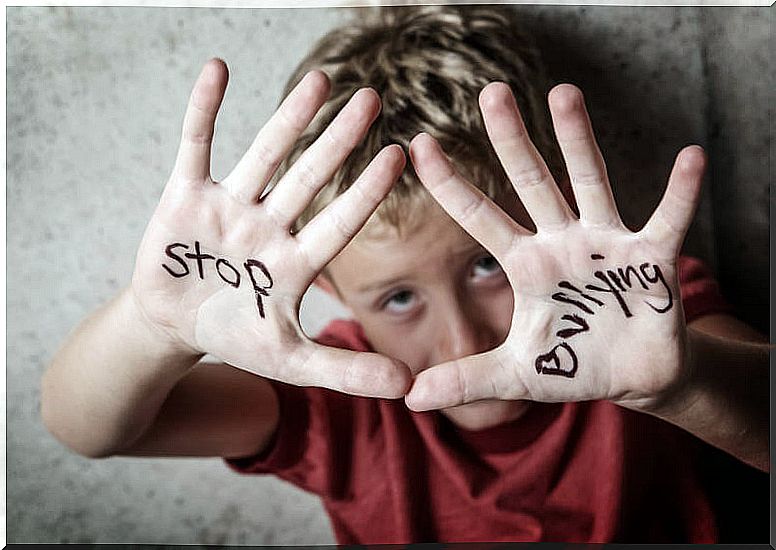Bullying: How To Detect And Treat It?

The bullying or bullying is a form of psychological, physical or verbal abuse peer. This intentional abuse by peers causes a drastic change in the behavior of the minor, who feels embarrassed by this exposure. But how to detect and treat bullying ?
Experts point to bullying as a difficult situation for the student to go through, as it consists of an imbalance of power or strength. Children subjected to this constant bullying live in fear, panic about going to school, and even suffer from depression and suicidal tendencies.
Parents and teachers are usually the last to know what is happening in the classroom because the shame and fear of possible reprisals often paralyze the students, who choose to keep secrets and suffer in silence.
How to detect bullying?
Both members of the educational community and parents have an obligation to act in cases of bullying in the classroom. Preventing and eradicating bullying comes with a commitment to creating a safe environment where children can thrive socially and academically.
It is essential to educate our child from an early age in the values of respect, friendship, non-aggression and trust. So you can always address all issues and express feelings, doubts and fears. Then it will be easier to act and detect the warning signs.

Signs and behaviors of bullying
- She doesn’t want to go to school and skips class, when she never avoided going to school before.
-
Try to be accompanied when entering and leaving the school.
-
His school performance begins to decline gradually.
-
He is able to feign illness or discomfort to avoid going to class.
-
At home he hides the problem, avoids talking about school.
- Mood and behavior changes are perceived.
- Shows anger or rage.
- He is more childish and boyish.
- You suffer from nightmares and sleep changes, loss of appetite, enuresis, vomiting, etc.
- Presents a state of anxiety and nervousness that can trigger panic attacks.
- He spends more time at home than before, he no longer goes out to play with his friends.
- He looks for younger companions, since he feels safe with them.
- It shows signs of physical aggression (bumps, bruises, scratches). When asked what happened, he becomes aggressive and nervous, but does not respond naturally and lies. He argues that he suffers frequent falls or accidents.
- He suffers from somatic pain, such as headaches, stomachaches, etc.
- He is dominated by sadness, crying and irritability.
5 Tips for dealing with bullying
- Watch your child’s attitude for signs of abuse. Remember that children are not always prone to say what they are experiencing. If you discover that your child is being bullied, have open conversations where you can learn what is happening at school to take appropriate action to rectify the situation. Let your child know that you are willing to help him.

Not responding to bullying with violence is the best - Teach your child to deal with bullying situations. If it is not possible to adopt administrative measures, a good option is to teach the child techniques to deal with bullying, without exposing themselves to physical abuse. It is important for your child to learn to ignore the bully or to create strategies to handle the situation. Help the child identify teachers and friends who can help him before or during the bullying.
- Do not respond to harassment with violence. As the popular saying states, “two evils do not do good”, which is why it is essential to act calmly when faced with these events. Although it can be difficult to act with temperance when faced with bullying against our child, you should avoid showing anger or crying. In addition, the bully can be made to see reason by insinuating that it is convenient to move away from the child victim to avoid future problems.
- Report bullying at school. If possible, certify the claim by means of a letter with a copy to the School Superintendent, in case your initial investigation has not provided answers to the problem.
- Offer the child the assistance of a counselor or psychologist. Ideally, the boy receives therapeutic help, not because he has a psychological disorder, but precisely to prevent him from developing it in the future as a consequence of this stressful situation of which he feels a prisoner.









